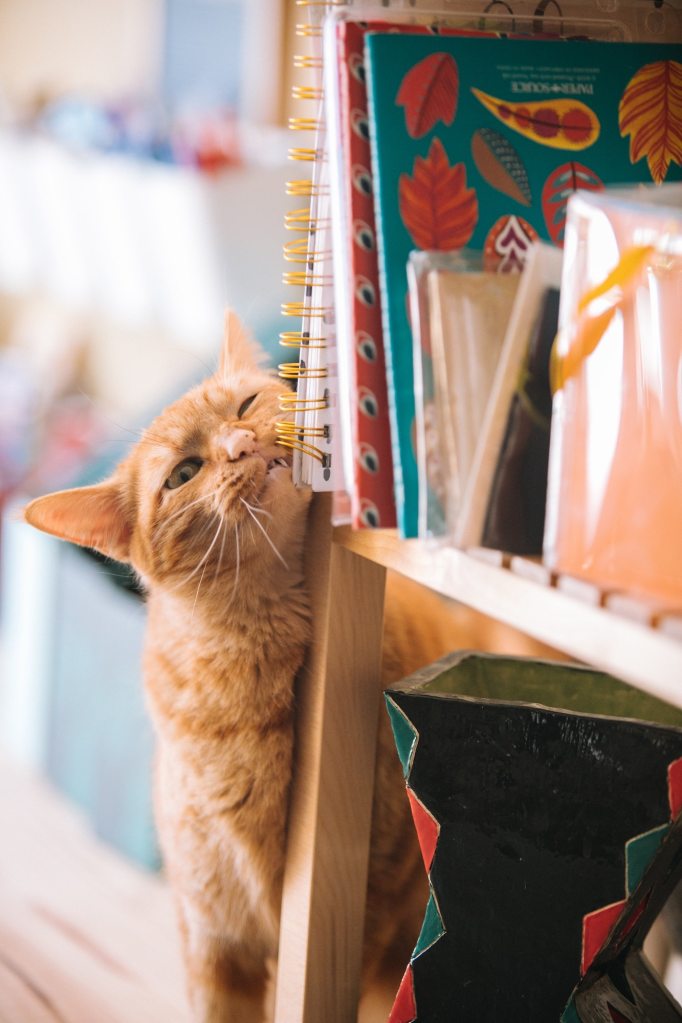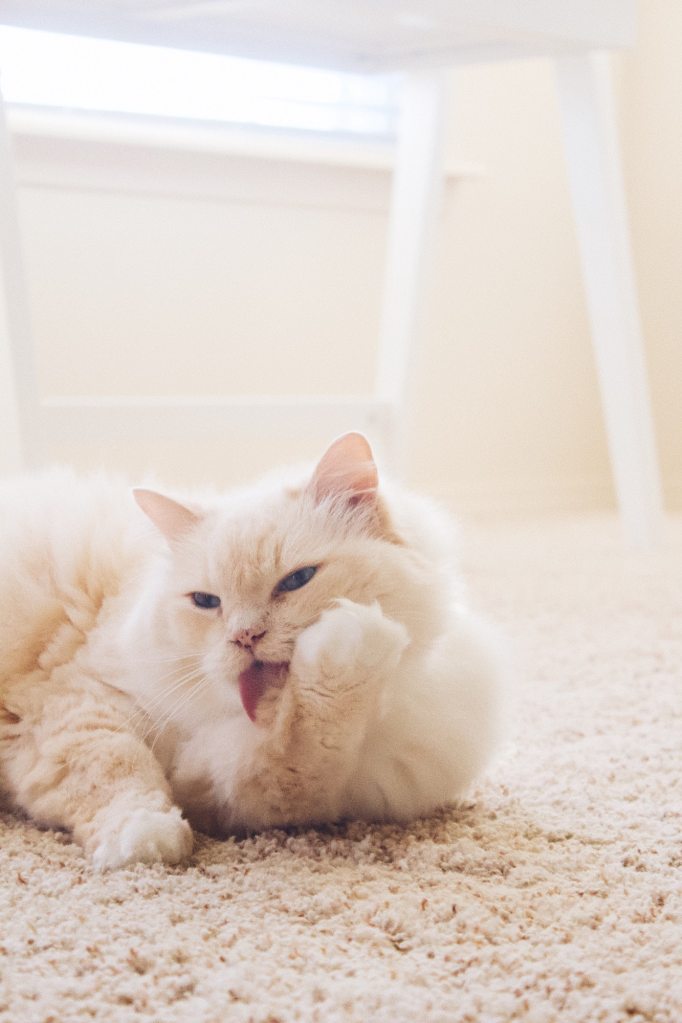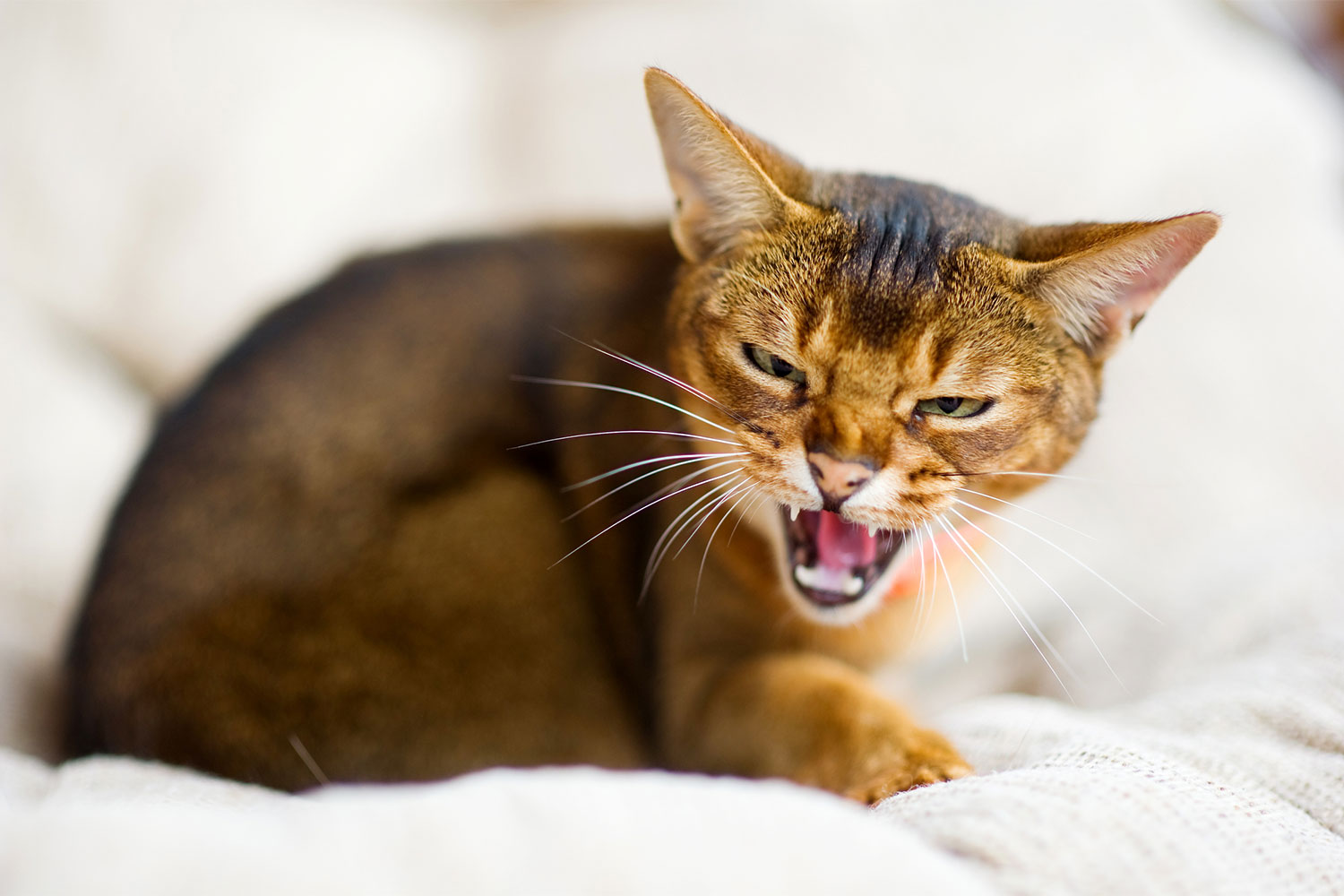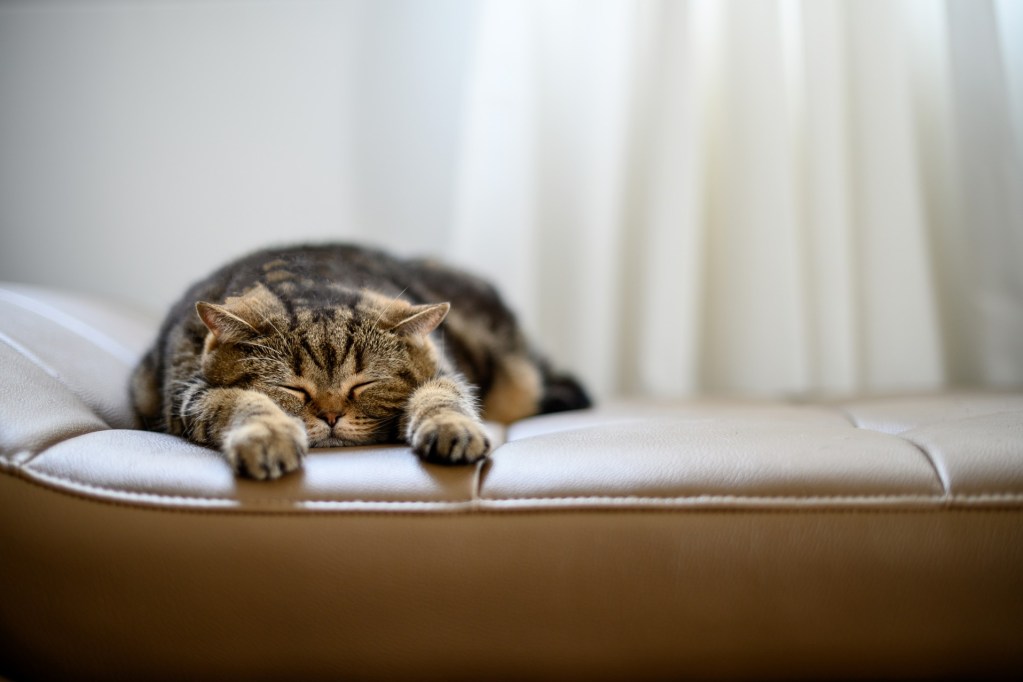If a cat scratches itself, does it have fleas? Maybe! Luckily, you know your cat best, so when your feline friend has fleas, chances are you’ll notice some unusual behavior. Depending on the infestation’s severity, your cat may show different symptoms with varying intensities. One guaranteed fact is that they’ll be uncomfortable, though. Let us help you discern signs of cat flea infestation to make them feel better.
Your cat is scratching nonstop

Cats will scratch their fur from time to time. All pets do. However, if your fur baby is aggressively scratching even when they seem to have no reason to, i.e., they haven’t been exposed to new food or pollen, pay attention. They may be suffering from an allergic reaction to flea bites, which causes itchiness and irritation.
Your cat has red bumps on their skin
Consequently, you may see red bumps or scaly spots on their skin. The bumps may also look crusty or ooze if your pet has a particularly bad reaction to the insect. Fleas are usually found on a pet’s neck or back. Since pets can’t reach behind them, this is where insects lay eggs and thrive. Also, check your pet’s belly, lower back, and legs for red bumps.
Your cat’s fur has flea dirt or small black insects
Besides the telltale red bumps, you might actually see teeny black dots in your cat’s fur. These dirt-like particles are actually flea feces, and they’re visible if your cat has light fur or if they’re on your cat’s skin. Additionally, you might see the fleas themselves. Coloring wise, fleas are usually black or a reddish-brown, with prominent legs and an oval body.
Another sign to look for is flea larvae. They resemble tiny white-brown worms feeding on those pepper-like spots in your cat’s fur.
Your cat has a tapeworm
Fleas can carry a tapeworm and other parasites. If your cat’s feces is showing rice-like pellets, take note. These are tapeworm larvae and are one of many signs that your cat has fleas. These white worms may also appear to have a pink tint.
Your cat is grooming themselves obsessively

Cats groom themselves naturally for maintenance, but when they’re battling a flea infestation, this grooming is amplified tenfold. They may be trying to get at the fleas they can reach, but the fleas may be jumping off the cat and onto the floor, then jumping back on the cat to wreak more havoc.
Another sign your cat is grooming more than usual is finding extra hairballs around the home. Lastly, your cat may have balding patches where they’re trying to get rid of fleas.
Your cat is extra grumpy or irritated

Understandably, your cat will be grumpy when they’re fighting these pesky pests. Your cat may lose interest in playing and turn from their usual cheerful self to a moody alter ego. On the extreme side, they may growl and move erratically. Not to worry — this is all a reaction to annoying fleas, and once you help them find relief, they will relax.
Think about it: If you had nonstop itching that you couldn’t get rid of, wouldn’t you be a little irritated, too? Perhaps this agitated behavior is one of the key signs of a flea infestation, so it’s helpful to know what your cat’s normal behavior is like.
Your cat is avoiding carpeted areas or rugs
When your cat has fleas, they’ll avoid certain areas where they know those little critters may be hiding. This includes their bed, carpets, rugs, and other surfaces with fabric. Vacuuming and disinfecting high traffic areas regularly is a good idea to ward off fleas. Keep your cat’s bedding clean, and make sure your furniture is routinely sanitized.
The eggs can retreat deeply into your carpets and rugs, where they hatch and eat material until they’re ready to find an animal host.
Your cat has less energy than usual

For serious infestations, your cat might show signs of anemia. When large numbers of fleas draw blood from your cat, your pet will feel weaker and have less energy. Your energetic cat may suddenly become sluggish due to flea anemia. Their gums may look pale due to blood loss.
This is a scary thought for any pet owner, but most cats will not suffer such an extreme reaction. Note that senior cats, kittens, and sick cats are at most risk for flea anemia.
So, there you have it. While we’ve reviewed what to look for and signs that your cat has fleas, it’s equally important to know how to get rid of fleas for good. Knowing the signs is a solid starting point, but prepare yourself for any situation by researching ways to get rid of fleas from your pet and home.


